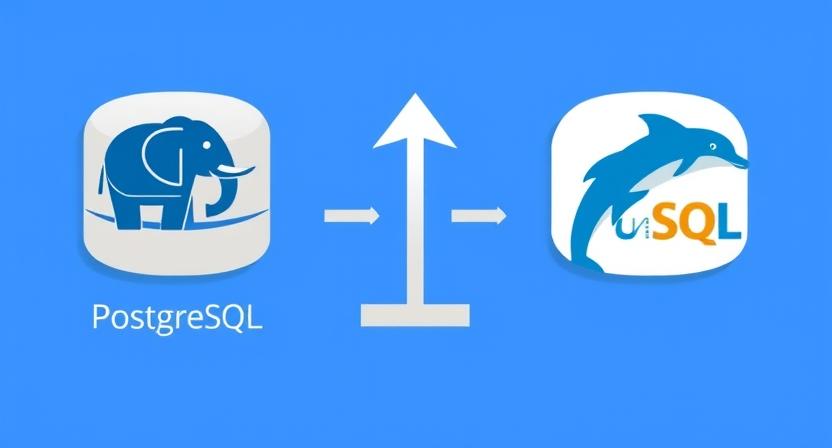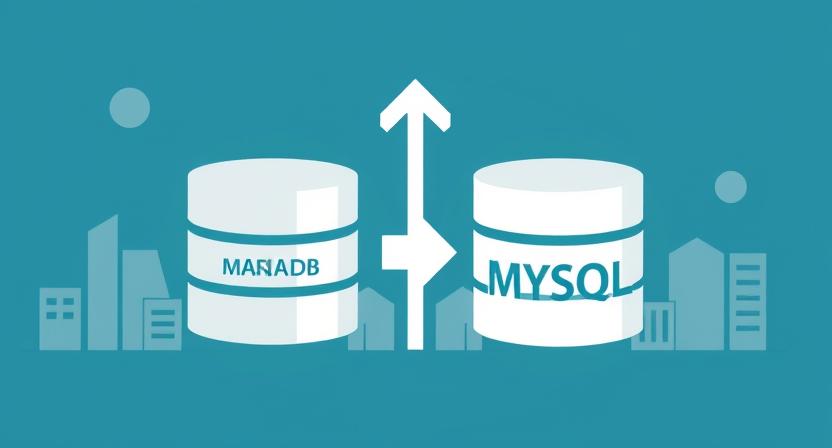PostgreSQL and MySQL are two of the most widely adopted open-source relational databases. Both are capable of powering enterprise applications, but their features, performance characteristics, and ecosystems differ. Choosing the right database can have a lasting impact on scalability, flexibility, and operational efficiency.
Flexibility vs. Simplicity
PostgreSQL is known for its advanced features, such as support for JSONB, full-text search, window functions, and custom data types. These capabilities make it highly flexible for complex applications. MySQL, by contrast, is simpler to set up and manage, making it ideal for teams seeking straightforward deployments without deep database expertise.
Enterprises should evaluate their development requirements and choose the database that aligns with the technical skillset of their teams. PostgreSQL offers more powerful extensions and customization, while MySQL focuses on reliability and ease of use.
Performance Considerations
MySQL excels in read-heavy workloads and web applications, offering high-speed retrieval and low latency. PostgreSQL is optimized for complex transactional workloads and analytical queries, providing strong ACID compliance and advanced indexing options.
Benchmarking your workloads against both databases can help identify which system will deliver the best performance. Consider query patterns, concurrency levels, and expected data growth when making your decision.
Community and Ecosystem
Both databases have vibrant communities and robust tooling. PostgreSQL has a reputation for standards compliance and reliability, with a strong ecosystem of extensions and monitoring tools. MySQL benefits from extensive enterprise support via Oracle, cloud services, and a wide range of management solutions.
Choosing a database also involves evaluating long-term support, compatibility with your existing infrastructure, and the availability of third-party tools for backup, replication, and performance monitoring.
Migrating Between Databases
Enterprises may face scenarios where migration between PostgreSQL and MySQL is necessary. Tools like AWS DMS, Ora2Pg, and custom ETL scripts can facilitate data migration while maintaining integrity.
Understanding the differences in SQL syntax, indexing, and data types is critical during migration planning to avoid downtime and maintain application functionality.
Enterprise Considerations
Ultimately, the choice between PostgreSQL and MySQL depends on your business priorities. If simplicity, ease of maintenance, and speed are critical, MySQL may be the better fit. If flexibility, complex analytics, and advanced features are paramount, PostgreSQL is ideal.
Strategically evaluating your application architecture, anticipated growth, and operational needs will ensure that your database choice supports long-term business objectives and efficiency.



